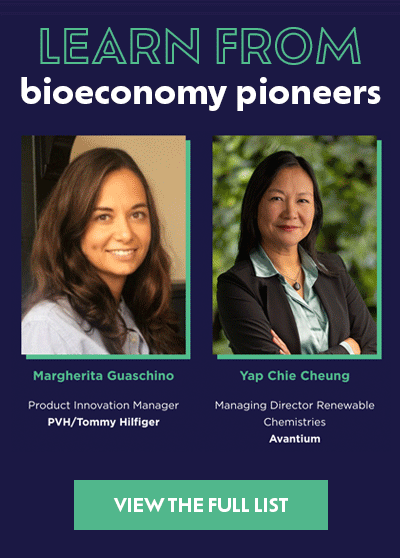Ginning is a process in which the cotton fibres are separated from the cotton seeds or lint. Modern cotton gins create a substantial residue consisting of sticks, leaves, dirt, immature bolls, and cottonseed.
Recently, the Global Organic Textile Standard (GOTS), which ensures transparent and traceable processing for organic textiles from field to finished product, is significantly raising the requirements for GOTS-certified gins:
1. Firstly, GOTS is introducing a compulsory farm-gin registry for all farms and farm groups whose certified raw material enters the GOTS system, including information on farm yields. The registry will be implemented progressively, starting in India.
2. Secondly, raw cotton will not be allowed to travel more than 500 km from the farm to the certified gin. The shorter trade chain protects vulnerable points and optimises the process for buyers.
3. Finally, there will be an Increase of unannounced audits of gins where there is a high perception of risk.
These new requirements are added to the already existing checks and balances performed throughout every processing stage. Seed cotton entering the GOTS supply chain is tested for the presence of genetically modified organisms according to the applicable ISO protocol. GOTS-approved Certification Bodies (CBs) include further testing (such as pesticide residue) and are fully authorised to reject material that does not meet GOTS requirements. Additionally, before certification bodies issue a Transaction Certificate (TC), GOTS requires that a thorough assessment takes place, including a plausibility check in the form of volume reconciliation.
To strengthen integrity and traceability, GOTS also stipulates that the Farm TC number appears on the first GOTS TC at the ginning plant, which is the first step for cotton in the GOTS supply chain. The TC must state the origin for raw material, including region, state, and province. This effectively traces material back to the field and adds another layer of accountability to GOTS-certified fibre. It also supports all buyers in their purchasing decisions.
GOTS Managing Director Rahul Bhajekar notes that “GOTS has always been a dynamic Standard, developing and expanding to be stronger and more effective all the time. We are looking forward to these new rules further strengthening GOTS against potential fraud.”

















